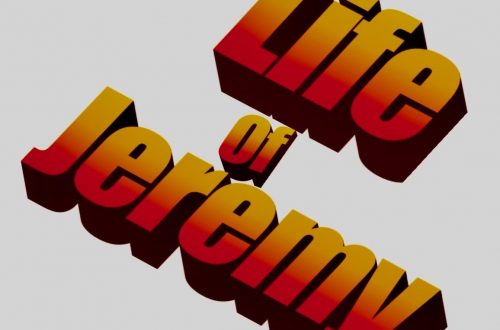As the coalition in fighting steps up a gear and David Cameron and Nick Clegg jostle for points with supporters (good luck on that one Nick), Polly Toynbee argues in the Guardian today that Ed Miliband and Labour should forgive the Lib Dems for the sake of political expediency if nothing else.
Her argument partly rests on Clegg being sensibly dumped by his party before he drags them it into oblivion — if that is not already done.
But while some press the case for Vince Cable to succeed Clegg others insist (namely Paddy Ashdown, also in the Guardian today) that ministers must stand by their leader.
That view is not an isolated one as one Clegg loyalist put it the other month: “Our best hope at the next election is to be able to say we stuck together in difficult times. That includes sticking by the leader.”
The defence of Clegg by a past leader and others tells us quite a bit about the Lib Dems and why they deserve no Toynbee forgiveness.
She even seems to suspect they are not worth it herself as she reminds us of Danny Alexander’s “mendacious” and oft repeated mantra about “the mess Labour left us with”.
But despite this she presses on in her piece to suggest that Labour should be considering a coalition because really the Lib Dems are not to blame for some of the “terrible things” they have voted for because “small centre parties are destined to be Play-Doh in coalitions”.
That seems to give the Lib Dems and easy out even if it does seem to label them as a terrifically malleable and spineless politically force for hire.
“With a little more dignity and less knee-jerk tribalism, both sides should anticipate a possible future coalition which, shorn of Clegg and Alexander, would suit both well enough. All Labour’s firepower should have the Tories in its cross-hairs: too many in the shadow cabinet lack street-fighting gut outrage. Whingeing at Lib Dem collaborators misses that target, while a more respectful tone on both sides greatly threatens the Tories.
“Leaders rarely walk the plank when they should – but thoroughly broken by what he has lead his party into, Clegg should step down some months before the election to give Cable – during a leadership honeymoon – a chance to save what’s left of their party. Labour might capture fewer Lib Dem votes as a result, but it needs the Lib Dems to hold seats that otherwise fall to the Tories: that’s the hard electoral arithmetic,” Toynbee writes.
There is, however, the other “arithmetic” at play here and Toynbee glosses over this. The problem as she says isn’t just Clegg, but others. She mentions Alexander as one. There are others too who make the prospect of any coalition not only unacceptable, but unlikely.
Besides, Play-Doh when it is past its best tends to crumble and fall to pieces and that is exactly what seems to be happening.


